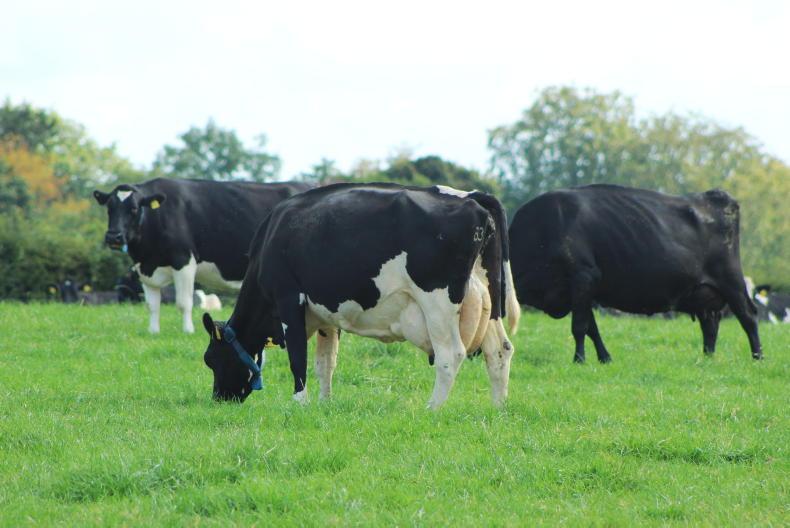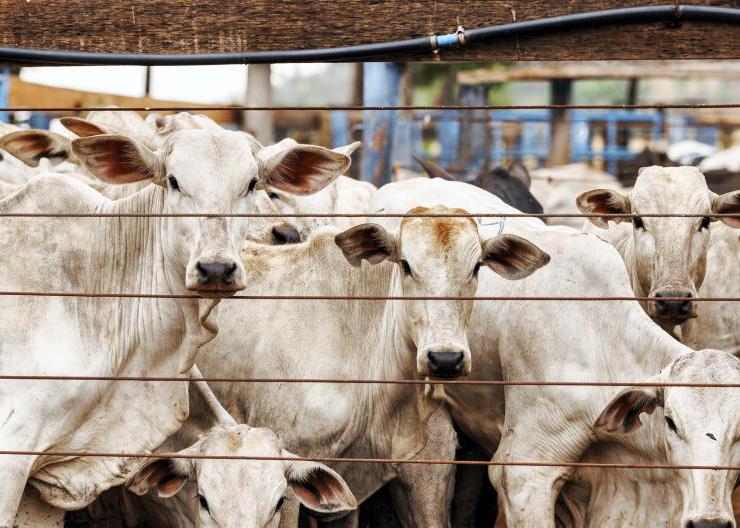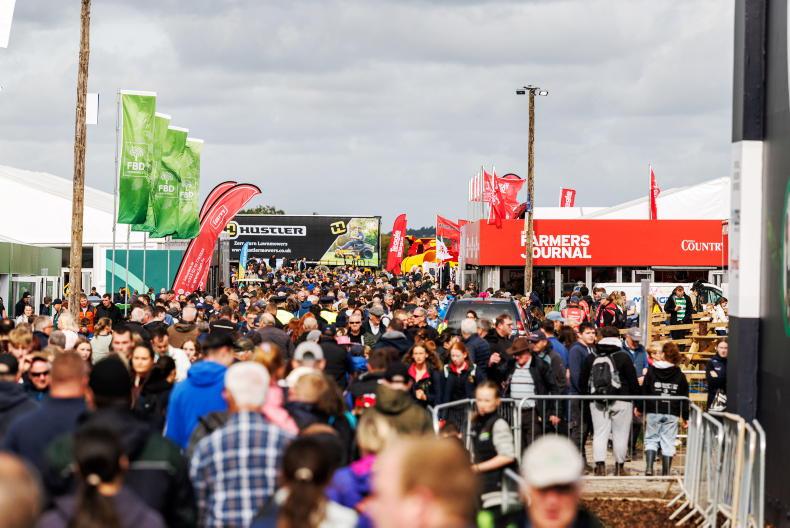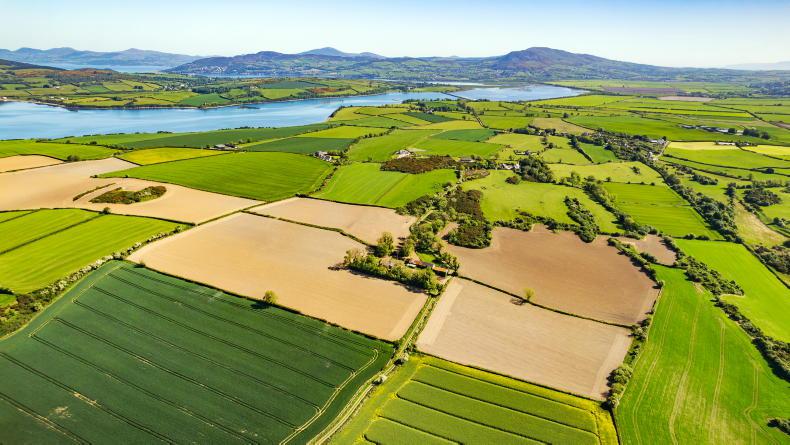Over the last year, claims that consumers would not pay more for food have been debunked. Inflation eroded the margin farmers made over the last 30 years, as food prices failed to track increasing input and production costs.
The CAP had evolved into a cheap food policy, with farmers using support payments to stay in business.
But last year, when costs exploded, we saw retail prices increase sharply, and consumers continue to pay. People weren’t happy, but there was an understanding that farmers would go bust unless they were paid a premium price.
In light of this, how will food be priced in future, as farming stretches to meet environmental and biodiversity goals?
In Germany, a study found that people would be willing to pay more for meat, on condition that the extra money paid would deliver better welfare standards.
A majority were willing to pay an extra 39c/kg.
Is this a road that farmers should be happy to go down? On the face of it, more money for product should mean more money for the farmer. And a food tax that is ringfenced for welfare standards sounds like it’s going to farmers.
Ostensibly, that’s better than waiting for increased retail prices finding their way through the food chain to the farm gate. And our outdoor grass-based liverstock system is already high-welfare in nature.
It mightn’t be so simple.
Firstly, the consumer will want verification that their hard-earned money is delivering recognisable benefits. That means there will surely be inspections of farmers’ premises, with a list of measures to be undertaken by the farmer.
Would this be encompassed in Bord Bia quality assurance inspections, or would it be a higher threshold? Already, some farmers are being visited by representatives of retailers.
Worse still, the money could be gobbled up by the verification process, and never reach farmers’ pockets.
Then there’s the issue of how the money would be administered. Unless it were an EU-wide measure, it would be of very little benefit to Irish farmers.
We export 90% of our meat and milk, so a tax payment made by the German consumer on Kerrygold, the French shopper on lamb, or the Italian buying beef would need to go into some central EU fund before the Irish producer would see any of it.
More likely, such taxes would be collected by the government of the country involved, and redistributed to local producers. That would quickly become a problem for Irish farmers.
It’s an interesting concept, but no silver bullet.









SHARING OPTIONS